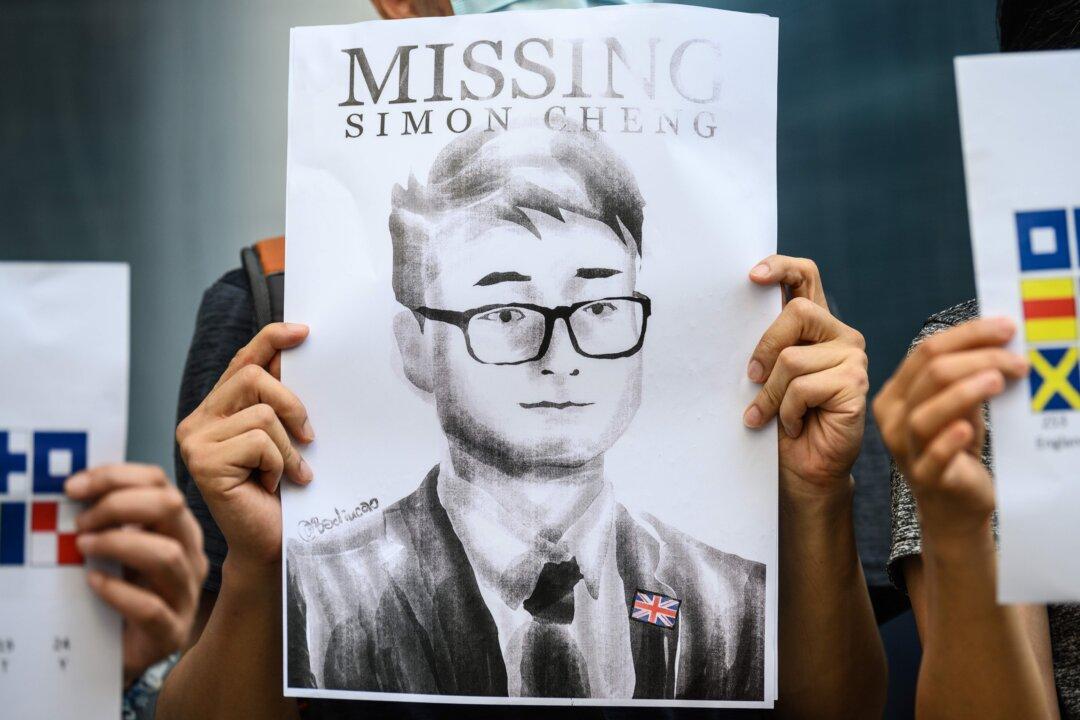The revocation of a broadcasting licence for the Chinese Communist Party’s (CCP) English-language news channel in the UK has been described as a “moment of triumph” and “historically significant,” by victims of the regime’s human rights abuses.
The UK’s broadcasting regulator Ofcom on Thursday revoked a licence it had granted to the CCP’s global TV mouthpiece China Global Television Network (CGTN) on the grounds that the station is “controlled by a body which is ultimately controlled by the Chinese Communist Party.” UK broadcasting laws do not allow licences for media controlled by political bodies.





